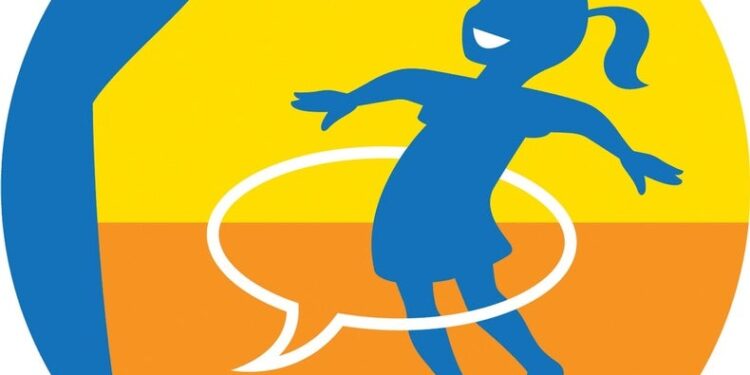
Children usually be taught new languages more easily than adults do, nevertheless it’s unclear why. Some hypothesize that greedy a language requires absorbing refined patterns unconsciously and that adults’ superior aware reasoning interferes. New analysis means that, certainly, grown-ups may simply be too sensible for their very own good.
For a latest examine in the Journal of Experimental Psychology: General, a gaggle of Belgian adults concurrently learn and heard strings of 4 made-up phrases (corresponding to “kieng nief siet hiem”). Specific consonants all the time appeared at first or finish of a phrase if the phrase contained a sure vowel. Participants subsequent learn the sequences aloud rapidly. Their potential to keep away from errors doing so indicated how properly they absorbed the consonant-vowel patterns.
But earlier than publicity to the brand new phrases, the members had carried out a separate check: urgent keys to react to letters and numbers. Some bought a a lot sooner, extra mentally draining model of this check. Those who tackled the tough model claimed larger cognitive fatigue afterward—however carried out higher on the next language job. The researchers hypothesize that drained learners used much less aware evaluation on the phrase guidelines: they had been free to be taught like a toddler.
For a associated paper, in the Proceedings of the National Academy of Sciences USA, the crew had English-speaking adults take heed to streams of syllables secretly clustered into three-syllable “words.” Later, they performed pairs of three-syllable clusters; one phrase within the pair got here from the stream, and one was a brand new mixture. The members guessed which phrase was acquainted, then rated their confidence.
In one participant group, some had first executed the unique mentally draining check. In one other, some had acquired magnetic pulses to disrupt exercise in a mind space that earlier analysis has linked to government management. In each teams, these interventions improved members’ efficiency on the syllable job after they had been not sure about their solutions, indicating unconscious parsing of speech. (Confident solutions advised aware recall as an alternative.)
Georgetown University neuroscientist Michael Ullman, who was not concerned in both paper, likes that the research taxed cognitive management in another way and measured completely different abilities. “That’s really good in science because you’ve got converging evidence,” he says, including that he wish to see increased language abilities corresponding to grammar studied this manner.
Ghent University psychologist Eleonore Smalle, who spearheaded each papers, presents recommendation primarily based on her crew’s findings. When starting to be taught a language, she says, immerse your self in its sounds, even—or particularly—whereas distracted. “Have a good glass of wine while listening to a podcast in Italian,” she suggests with fun. “Why not? It could help.”













Discussion about this post